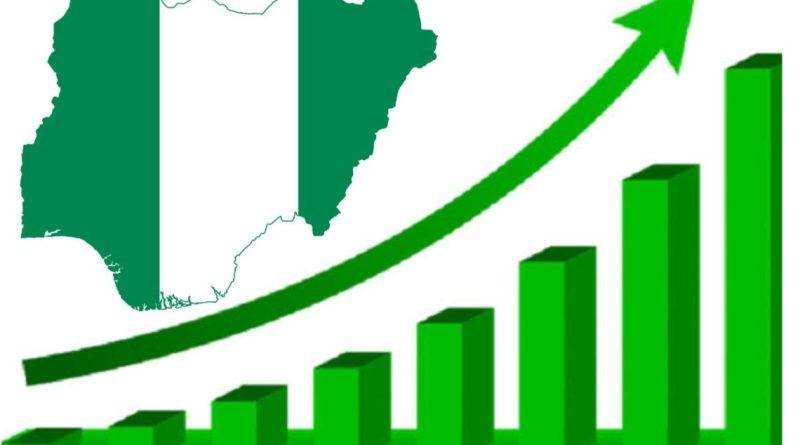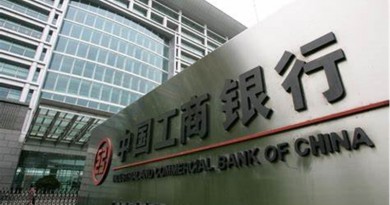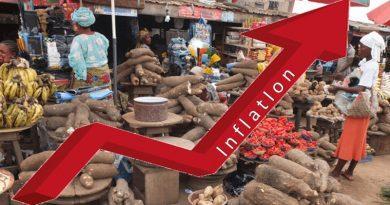Nigerian Economy to experience slow growth in 2023 and 2024 – IMF
According to the International Monetary Fund’s (IMF) current World Economic Update, released in July 2023, the Nigerian economy will decelerate in 2023 and 2024. In 2022, Nigeria’s economy will increase at a rate of 3.3 percent. However, due to security concerns and other factors, the IMF predicts that the GDP will decelerate to 3.2 percent and 3.0 percent in 2023 and 2024, respectively.
However, these predictions position Nigeria’s economic development below the region’s expected growth rates of 3.5 percent and 4.1 percent in 2023 and 2024, respectively.
The economy has been robust in the face of many macroeconomic crises and sociopolitical challenges enveloping the country during the recession caused by the COVID-19 pandemic and the recovery that followed. Nonetheless, the present IMF predictions should serve as a siren call for policymakers to implement effective policy measures as soon as possible, therefore avoiding the impending possibility of a new recession in the coming years.
This estimate has particularly significant ramifications for the current administration, which took office with the goal of achieving a 6% annual economic growth rate. Concurrently, this administration inherited a slew of macroeconomic problems, ranging from rising debt levels and servicing commitments to chronic currency instability and spiking inflation rates.
As an immediate response, the government must prioritize broad macroeconomic reforms that include both fiscal and monetary policy changes. Aside from these legislative changes, strategic investments in critical sectors of the economy require rapid attention. These sectors have the latent potential to stimulate economic activity and provide significant revenue growth. SOURCE: CSEA AFRICA




